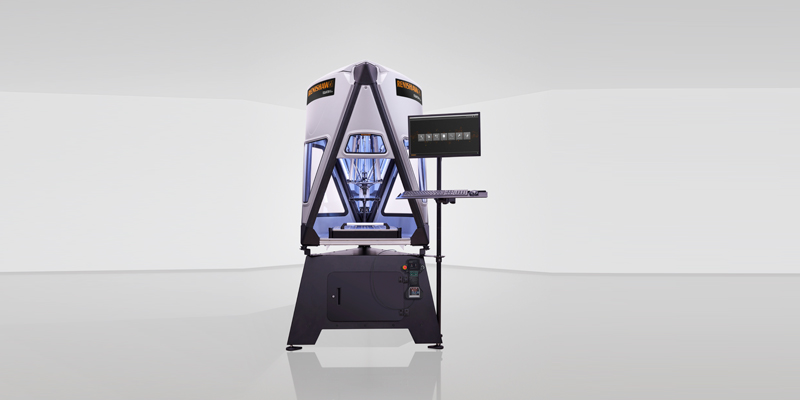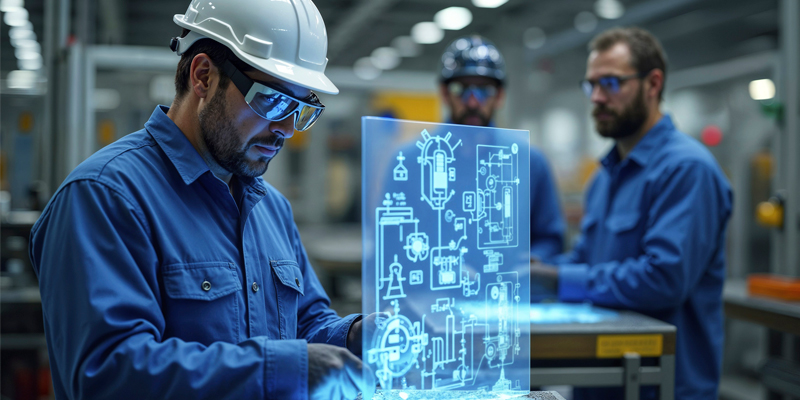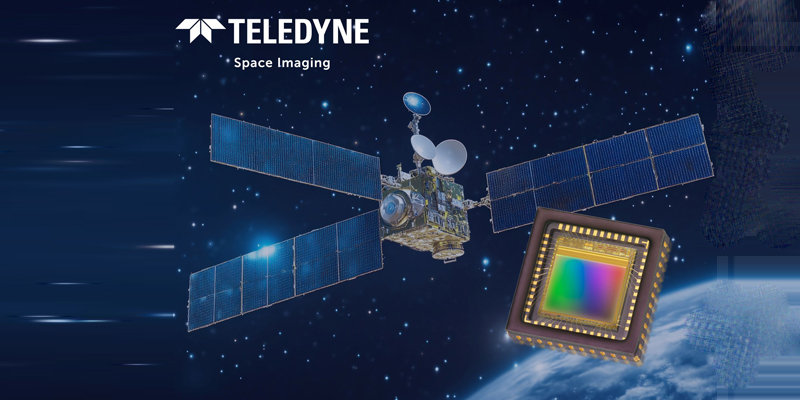Schedule a Call Back
CnC Laser plans to manufacture fiber and CO2 lasers in India
 Interviews
Interviews- Dec 29,23

Related Stories
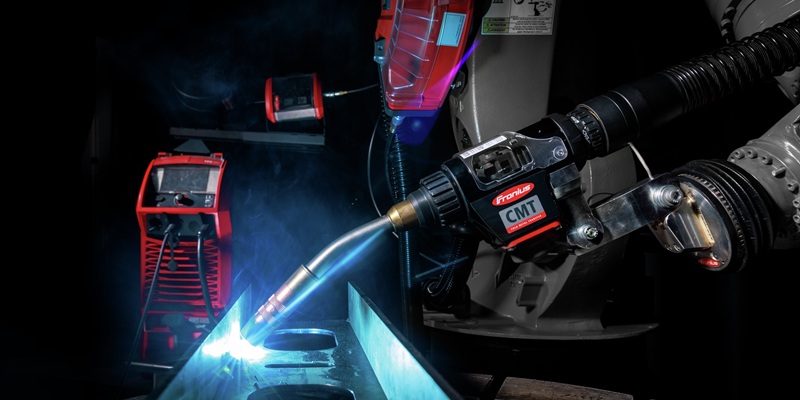
Fronius marks 20 years of Cold Metal Transfer welding technology
Cold Metal Transfer (CMT) is a breakthrough welding process delivering unmatched precision, stability, and versatility across industries like automotive and aerospace.
Read more
DiFACTO Robotics acquires RoboFinish Division from Grind Master
RoboFinish portfolio, which includes robotic grinding, finishing, deburring, and machining technologies, presents significant synergies with DiFACTO’s existing offerings, strengthening its positio..
Read more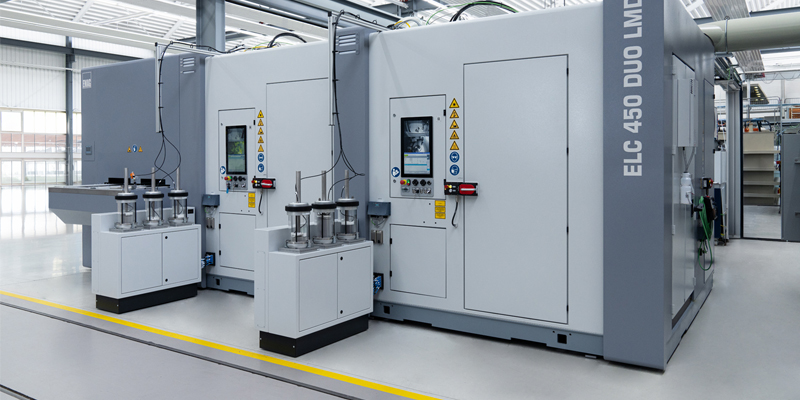
Low-emission brake disk: Best practice in data-driven production
Eurozone's decision to equip new car models with low-emission braking systems from next year represents a technological leap for the manufacturing industry
Read moreRelated Products

Universal Tapping Machine -model Tr-10/15
Tapping
Machine Tools offers universal tapping machine -model TR-10/15.
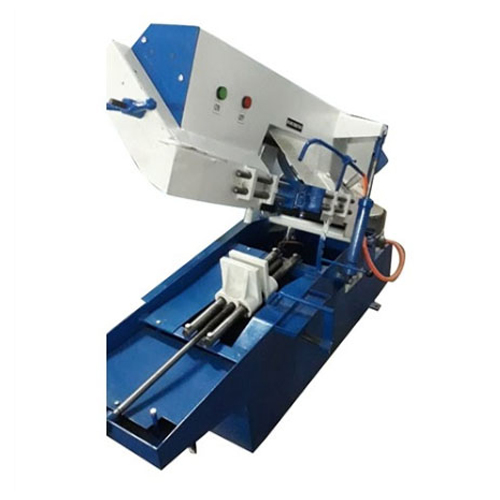
Hot Foil Stamping Machine
Friends Engineering Company offers a wide range of hot foil stamping machine.
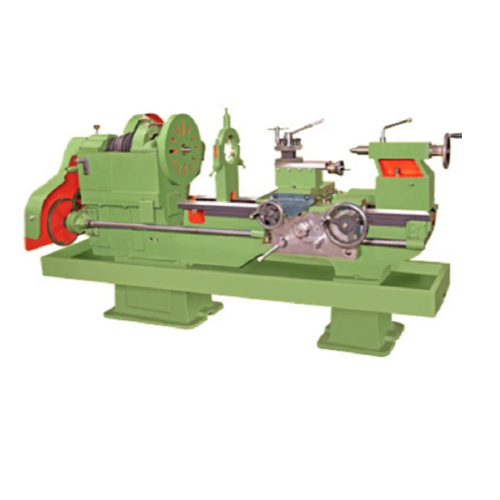
Feet Heavy Duty Lathe Machine
Bharat Machinery & Spares offers a wide range of 7 Feet Heavy Duty Lathe Machine.






